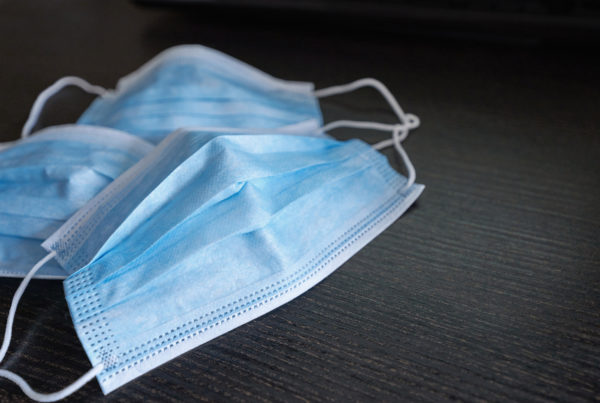Recent revisions to the CARES Act allow borrowers to elect to expand the covered period during which Paycheck Protection Program (PPP) loan proceeds must be used from 8 to 24 weeks to qualify for full PPP loan forgiveness.
SBA’s initial guidance limited forgivable payroll costs (including the value of certain noncash compensation) for employees to $100,000 on an annualized basis over the course of the original eight weeks, maxing out at $15,385 for the entire period. Later SBA guidance made clear that owner-employees and self-employed individuals were subject to a potentially lower cap based on the lesser of 15.38% of 2019 compensation or $15,385.
Consistent with the expansion of the eight-week period to 24 weeks, the SBA issued a new interim final rule on June 19, 2020 increasing the cap on forgivable payroll costs to $46,154, the 24-week equivalent of a $100,000 annualized salary, for businesses that elect a 24-week covered period. But only for employees.
Business owners who have self-employment income, and who elect the 24-week covered period, are limited to 2.5 months’ worth of 2019 net profit, capped at $20,833, of forgivable income over the 24-week period. Payments over this amount will not count towards a PPP loan’s forgiveness.
The SBA explains that the lower cap for owners is appropriate for self-employed individuals because it furthers the PPP’s purpose of keeping employees paid, not simply to support business owners.
Any business electing the eight-week covered period remains subject to the lower payroll caps.
The fluidity of PPP requirements and procedures will continue for some time. If you have any questions regarding the appropriate payment period or amounts for your business’ PPP loan, or any legal issue, contact your FOS attorney.
Be well.





